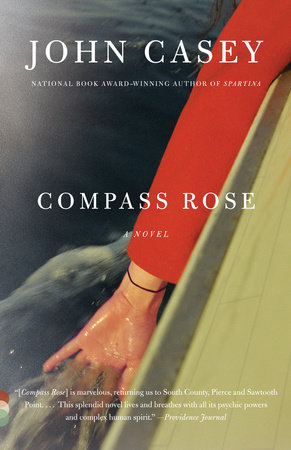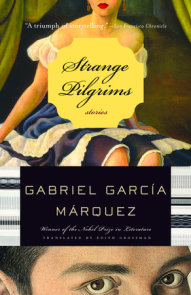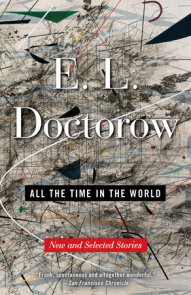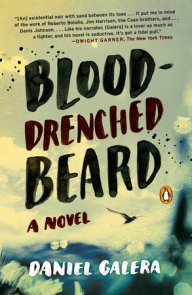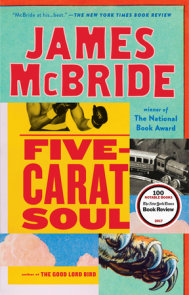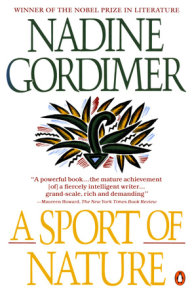READERS GUIDE
The questions, discussion topics, and reading list that follow are intended to enhance your reading group’s discussion of Compass Rose, National Book Award winner John Casey’s resonant, masterful novel about a girl with three mothers and the world they inhabit.Introduction
It’s been more than two decades since Spartina won the National Book Award and was acclaimed by critics as being “possibly the best American novel . . . since The Old Man and the Sea” (The New York Times Book Review), but in this extraordinary follow-up novel barely any time has passed in the magical landscape of salt ponds and marshes in John Casey’s fictional Rhode Island estuary.Elsie Buttrick, prodigal daughter of the smart set who are gradually taking over the coastline of Sawtooth Point, has just given birth to Rose, a child conceived during a passionate affair with Dick Pierce—a fisherman and the love of Elsie’s life, who also happens to live practically next door with his wife, May, and their children. A beautiful but guarded woman who feels more at ease wading through the marshes than lounging on the porches of the fashionable resort her sister and brother-in-law own, Elsie was never one to do as she was told. She is wary of the discomfort her presence poses among some members of her gossipy, insular community, yet it is Rose, the unofficially adopted daughter and little sister of half the town, who magnetically steers everyone in her orbit toward unexpected—and unbreakable—relationships. As we see Rose grow from a child to a plucky adolescent with a flair for theatrics both onstage and at home during verbal boxing matches with her mother, to a poised and prepossessing teenager, she becomes the unwitting emotional tether between Elsie and everyone else. “Face it, Mom,” Rose says, “we live in a tiny ecosystem.” And indeed, like the rugged, untouched marshes that surround these characters, theirs is an ecosystem that has come by its beauty honestly, through rhythms and moods that have shaped and reshaped their lives.
With an uncanny ability to plunge confidently and unwaveringly into the thoughts and desires of women—mothers, daughters, wives, lovers—John Casey astonishes us again with the power of a family saga.
Questions and Topics for Discussion
1. Have you read Spartina? How did your knowledge (or lack of knowledge) of the characters affect your reading experience?
2. A compass rose is the circular design on a nautical chart, with directional points resembling the petals of a flower. What is the metaphor of the title? In what ways is Rose like a compass?
3. Miss Perry compares the end of her life to the last days of Rome (page 68). Where else might that metaphor apply?
4. Which characters care the most about class distinctions? How does that enhance or detract from their lives?
5. Elsie seems to relish being an observer. What does that say about her as a character? Where does it lead her?
6. On page 105, Johnny says, “Shame is a group thing. When a group mistrusts the outside, they have to trust the inside.” Where else does this play out in the story? Are there characters who should feel shame but don’t?
7. Reread Dick’s monologue on pages 110–111. What message is he sending to his sons? How do they use the insights he’s sharing?
8. On page 136, Miss Perry says, “It is disconcerting that someone I don’t much care for, I mean Phoebe Fitzgerald, has taken a wider interest in everyday life than Jack has.” What is she talking about? Compare and contrast the ways in which Phoebe and Jack interact with the other characters.
9. Discuss the triangles in the novel: Rose, Elsie, Mary; Rose, Elsie, May; Elsie, May, Dick. How do the characters benefit from these relationships?
10. On page 177, Phoebe quotes Deirdre: “It was a metaphor for how to deal with anything—you just start taking care of little things and pretty soon you’re feeling better about everything.” Which characters in the novel behave this way? How does it affect the others?
11. What is the significance, both metaphorical and to the characters, of the loss of Spartina?
12. On page 289, Mary talks about heroism and what men and women perceive as heroic. Which characters do you consider to be heroic, and why?
13. Discuss the passage on pages 313–316 in which Elsie watches a snake raid a bluebirds’ nest. What is its significance?
14. “It wasn’t fair that men got the verbs and she ended up with adjectives” thinks Elsie (page 333). What does she mean by this? Are there women in the novel who “get the verbs”?
15. Rose is a natural-born singer, while Elsie has a tin ear. What does this signify about their relationship?
16. Which of her three mother figures is most influential for Rose: Elsie, Mary, or May?
17. Discuss Rose’s relationship with Dick. Do you think he regrets that she was born?
18. Why does Elsie seek out Dick for a sexual encounter after so many years?
19. Miss Perry once said to Elsie, “Do we stand outside of nature, or do we stand inside it? Is nature everything but us? Or is it simply everything?” (page 384). What is the role of nature in the novel? How does Casey use nature as a metaphor?
20. The last line of the novel is “Here we are. We live in South County.” Why is this such an important notion? What does it mean to live there?
(For a complete list of available reading group guides, and to sign up for the Reading Group Center enewsletter, visit www.readinggroupcenter.com)







